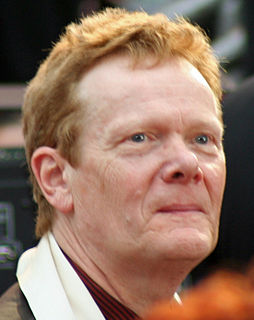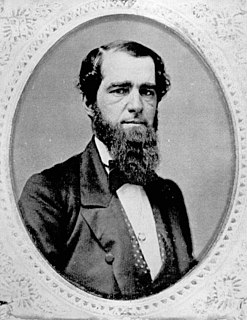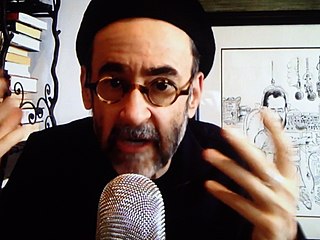A Quote by William Jones
Wherever we direct our attention to Hindu literature the notion of infinity presents itself.
Related Quotes
The car shot forward straight into the circle of light, and suddenly Arthur had a fairly clear idea of what infinity looked like. It wasn’t infinity in fact. Infinity itself looks flat and uninteresting. Looking up into the night sky is looking into infinity—distance is incomprehensible and therefore meaningless. The chamber into which the aircar emerged was anything but infinite, it was just very very very big, so big that it gave the impression of infinity far better than infinity itself.
Literature can no longer be either Mimesis or Mathesis but merely Semiosis, the adventure of what is impossible to language, in a word: Text (it is wrong to say that the notion of 'text' repeats the notion of 'literature': literature represents a finite world, the text figures the infinite of language).
We are like droplets of water in an ocean of consciousness; individual to an extent, but those droplets together make up the ocean -- without the droplets there is no ocean. It is the same with this infinite energy mind we call creation/god. We are not part of that infinity -- we are that infinity if we open ourselves up to reconnect with it. Wherever you stand in infinity, you are at the center of infinity. So everything that exists is everything that exists. I am everything that exists; and so are you -- the more you realize that, the more you open up to the full infinity of who you are.
What the public does is not to express its opinions but to align itself for or against a proposal. If that theory is accepted, we must abandon the notion that democratic government can be the direct expression of the will of the people. We must abandon the notion that the people govern. Instead, we must adopt the theory that, by their occasional mobilizations as a majority, people support or oppose the individuals who actually govern. We must say that the popular will does not direct continuously but that it intervenes occasionally.
If, on the other hand, we wish to describe a particular phenomenon without repressing our direct experience, then we cannot avoid speaking of the phenomenon as an active, animate entity with which we find ourselves engaged. To the sensing body, no thing presents itself as utterly passive or inert. Only by affirming the animateness of perceived things do we allow our words to emerge directly from the depths of our ongoing reciprocity with the world.
Unexplained pain may sometimes direct our attention to something unacknowledged, something we are afraid to know or feel. Then it holds us to our integrity, claiming the attention we withhold. The thing which calls our attention may be a repressed experience or some unexpressed and important part of who we are. Whatever we have denied may stop us and dam the creative flow of our lives. Avoiding pain, we may linger in the vicinity of our wounds, sometime for many years, gathering the courage to experience them.
I see no reason in morality, why literature should not have as one of its intentions the arousing of thoughts of lust. It is one of the effects, perhaps one of the functions of literature to arouse desire, and I can discover no grounds for saying that sexual pleasure should not be among the objects of desire which literature presents to us, along with heroism, virtue, peace, death, food, wisdom, God, etc.
From the simplest lyric to the most complex novel and densest drama, literature is asking us to pay attention. Pay attention to the frog. Pay attention to the west wind. Pay attention to the boy on the raft, the lady in the tower, the old man on the train. In sum, pay attention to the world and all that dwells therein and thereby learn at last to pay attention to yourself and all that dwells therein.





































